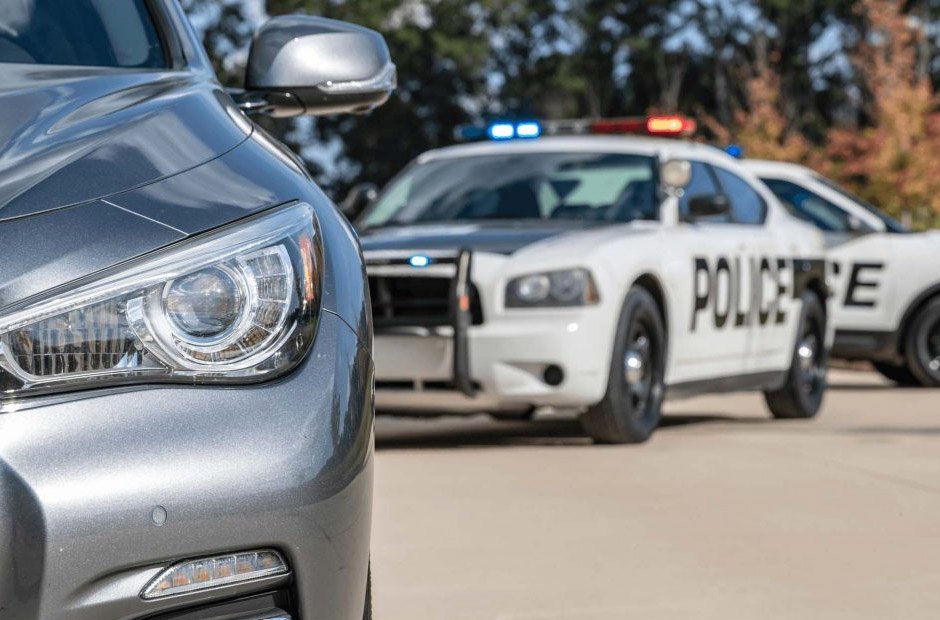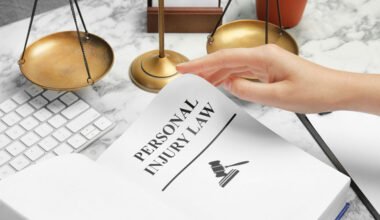When a routine traffic stop in Washington County escalates into a drug investigation, the outcome can significantly impact your future. What many individuals don’t realize is that the legality of law enforcement’s actions during such stops hinges on two legal standards: reasonable suspicion and probable cause. These concepts determine whether the traffic stop, detention, or search was justified and whether your constitutional rights were violated during the process. A Woodbury drug crimes lawyer can help you assess whether the officers followed proper procedure and challenge any evidence gathered illegally.
What Is Reasonable Suspicion?
Reasonable suspicion is the legal threshold that requires an officer to briefly detain someone. It must be based on clear, articulable facts, not on a vague hunch or stereotype. An officer must be able to explain why they believe you may be involved in criminal activity. Courts generally require that these suspicions be grounded in objective observations.
In drug-related stops, reasonable suspicion might include:
Unusual behavior, such as avoiding eye contact or visibly hiding something
A tip from a credible source indicating you are transporting drugs
Behavioral cues, like fidgeting or the presence of strong air fresheners (which some officers view as attempts to mask odors)
Location, such as being parked in a known drug area, combined with brief interactions with multiple people
It is important to note that context is everything. Being in a high-crime area or driving a car model commonly associated with drug activity does not automatically justify a stop. Officers need more than association or assumption. They need observable facts pointing toward specific illegal conduct.
What Is Probable Cause?
Once a traffic stop is underway, an officer may begin to look for signs that justify moving beyond temporary detention. This is where probable cause comes into play. Probable cause is a higher threshold than reasonable suspicion, requiring that the officer has facts or evidence that would lead a reasonable person to believe a crime is being or has been committed.
In a drug stop, probable cause could arise from:
Visible contraband such as drugs or paraphernalia in plain view inside the vehicle
Odors such as the distinct smell of marijuana or other substances are detectable from the car
Admissions or statements made by the driver or passengers implying drug use or possession
Canine alerts if a trained drug-sniffing dog alerts to the presence of drugs
Once probable cause is established, officers may legally search your vehicle without a warrant or your consent. However, if that probable cause is later proven to be weak or unfounded, your defense attorney can potentially get the evidence excluded from trial.
Common Misunderstandings
Many people are unaware of how easily rights can be unintentionally waived during a stop. For example, if an officer asks, “Do you mind if I take a look in your car?” and you respond with a simple “yes,” you have effectively given consent, thereby bypassing the need for probable cause.
Additionally, people may believe that staying silent makes them look guilty. In reality, you are not required to answer questions beyond providing your driver’s license, registration, and proof of insurance. Remaining calm and asserting your rights can protect you later in court. Say clearly and respectfully:
“I do not consent to a search.”
“I am exercising my right to remain silent.”
“I would like to speak to an attorney.”
How These Standards Affect Your Case
If you were charged with a drug crime based on a traffic stop, one of the first things a defense attorney will examine is the justification for the stop and any searches that followed. If law enforcement lacked reasonable suspicion or probable cause, any evidence they obtained, such as drugs, paraphernalia, or incriminating statements, may be inadmissible in court. This could result in a reduction or complete dismissal of the charges
.
That is why understanding these standards is not just theoretical. It could be the key to protecting your record, your job, and your freedom.
Final Thoughts
Being pulled over can be stressful, especially when it escalates into a drug investigation. But understanding the legal differences between reasonable suspicion and probable cause is your first line of defense. These concepts are not just academic. They determine what law enforcement can and cannot do. If you believe the stop or search was conducted illegally, a Woodbury drug crimes lawyer can thoroughly investigate your case, contest any violations, and work to suppress unlawfully obtained evidence. Knowing your rights and acting on them could make all the difference.



